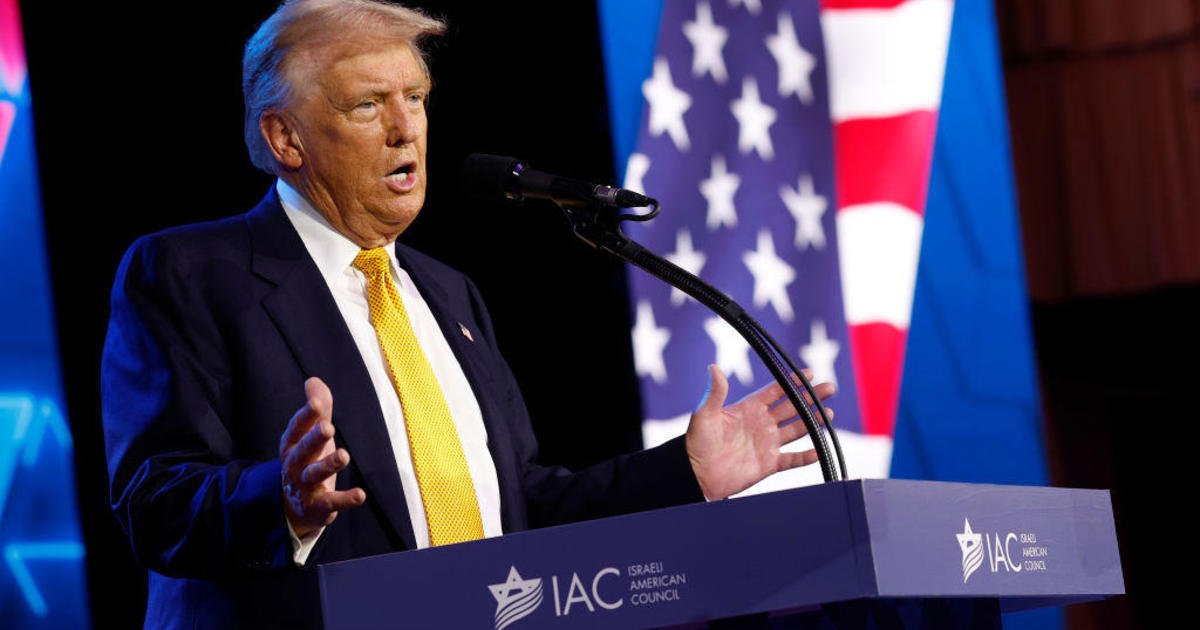Former President Donald Trump’s controversial remarks directed towards Jewish Americans who do not support him were met with criticism and concern as he addressed the issue of antisemitism in Washington D.C. During a small event focused on this topic, Trump made alarming statements suggesting that if he is not re-elected, Israel could face eradication.
In his speech, Trump expressed disappointment with the percentage of Jewish Americans who did not vote for him, stating, “If I don’t win this election, and the Jewish people would really have a lot to do with that if that happens, because at 40%, that means 60% of the people are voting for the enemy.” This divisive rhetoric aimed at Jewish voters was further emphasized when Trump mentioned that despite his efforts to support Israel, he only received 24% of the Jewish vote.
Trump’s remarks continued at the Israeli-American Council National Summit where he reiterated his concerns about the potential consequences of not winning the election. He warned that if Vice President Kamala Harris were to be elected, Israel would face “total annihilation” with continuous rocket attacks until the Iron Dome defense system was exhausted. These statements raised eyebrows and prompted questions from the Harris campaign, who were contacted by CBS News for a response.
The former president’s speech also included a promise to assist Israelis who are still held hostage by Hamas, promising to intervene if he were to win the presidency in November. This pledge was made in front of family members of victims of the October 7 attacks by Hamas, adding an emotional layer to his message. Despite the gravity of the situation, Trump remained confident, assuring the crowd that things would work out in the end.
Trump’s efforts to court Jewish American voters were evident in his attempts to highlight his support for Israel and criticize the Democratic Party’s handling of the Israel-Hamas conflict. A Pew Research survey from April 2024 indicated that a majority of registered Jewish voters identified as Democrats, but Trump had managed to increase his support among Jewish voters in previous elections. Despite this progress, Trump expressed disappointment that his support among Jewish voters had not reached 100%, given his perceived dedication to the community.
The divisive nature of Trump’s rhetoric and his attempts to sway Jewish American voters away from the Democratic Party were met with skepticism and concern from various groups. His comments implying that Jewish Americans who do not support him are somehow complicit in the potential destruction of Israel sparked debate and condemnation. The implications of his statements, particularly regarding the threat of annihilation if his political opponents were to win, raised alarms and drew attention to the volatile nature of his campaign messaging.
As the election approached, the impact of Trump’s remarks on Jewish American voters and the broader implications for U.S.-Israel relations remained uncertain. The controversy surrounding his comments underscored the complex intersection of politics, identity, and international relations, with potential ramifications for both domestic and global dynamics. The need for thoughtful and inclusive dialogue on these issues was evident, as the nation grappled with the implications of divisive rhetoric and its impact on communities.









